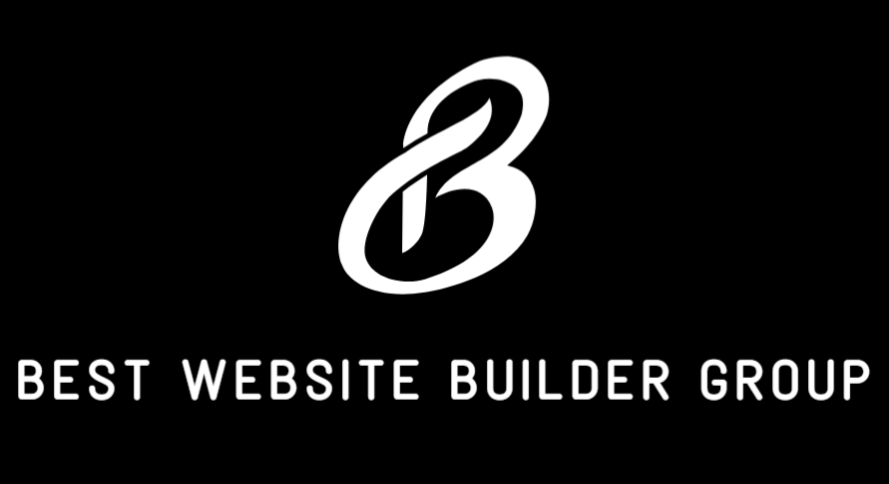In the world of digital advertising, one term continues to stand out for its measurable results and precision targeting: what is pay per click marketing? Commonly known as PPC, pay per click marketing is a form of online advertising where businesses pay only when someone clicks on their ad. It’s one of the most direct and trackable ways to reach potential customers who are actively searching for products or services. Whether your goal is to boost website traffic, generate leads, or increase sales, PPC allows you to position your brand in front of users at the exact moment they’re ready to act.
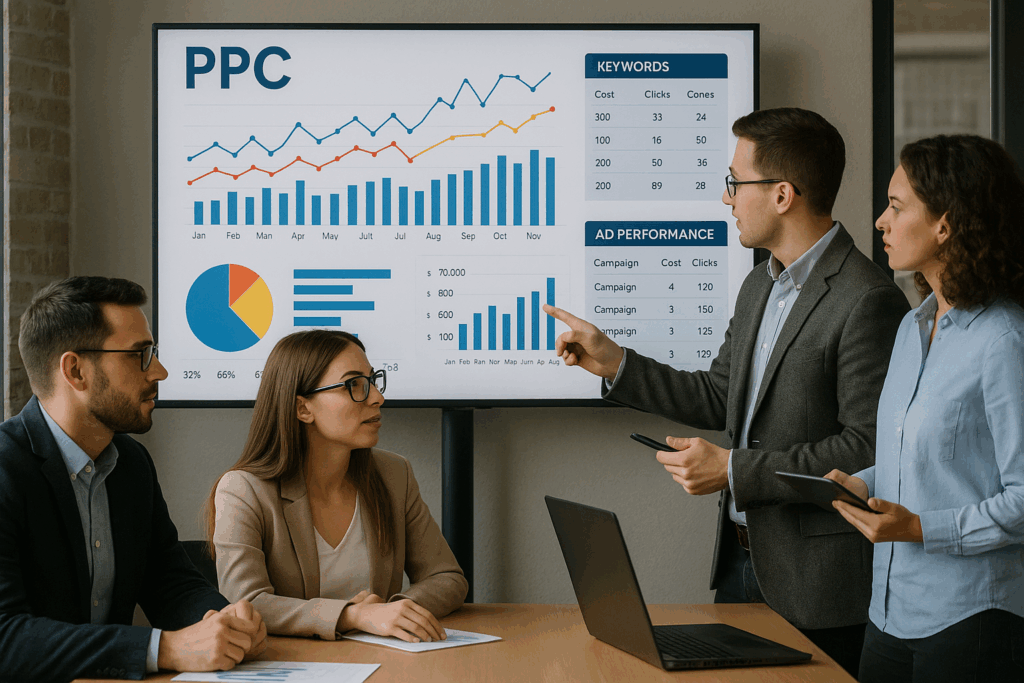
Pay Per Click Marketing
At its core, what is pay per click marketing refers to the process of paying search engines or digital platforms to display ads for specific keywords or audiences. When a user searches for a relevant term, your ad appears in the results. You only pay when someone clicks on it, making PPC one of the most cost-efficient models in advertising. According to Google Search Central, ad quality and relevance play a major role in determining where your ad appears. Well-optimized ads outperform higher bids if they deliver better user experiences, making creativity and data equally important.
How Pay Per Click Marketing Works
The system behind pay per click marketing operates like a real-time auction. Advertisers bid on keywords, and when those terms are searched, search engines evaluate which ads best match the query. Factors like bid amount, ad relevance, and landing page quality determine your ad’s position. A well-managed PPC campaign ensures that every click leads to meaningful engagement. The ability to control costs and target audiences precisely makes PPC a preferred choice for both small businesses and large enterprises looking for measurable growth.
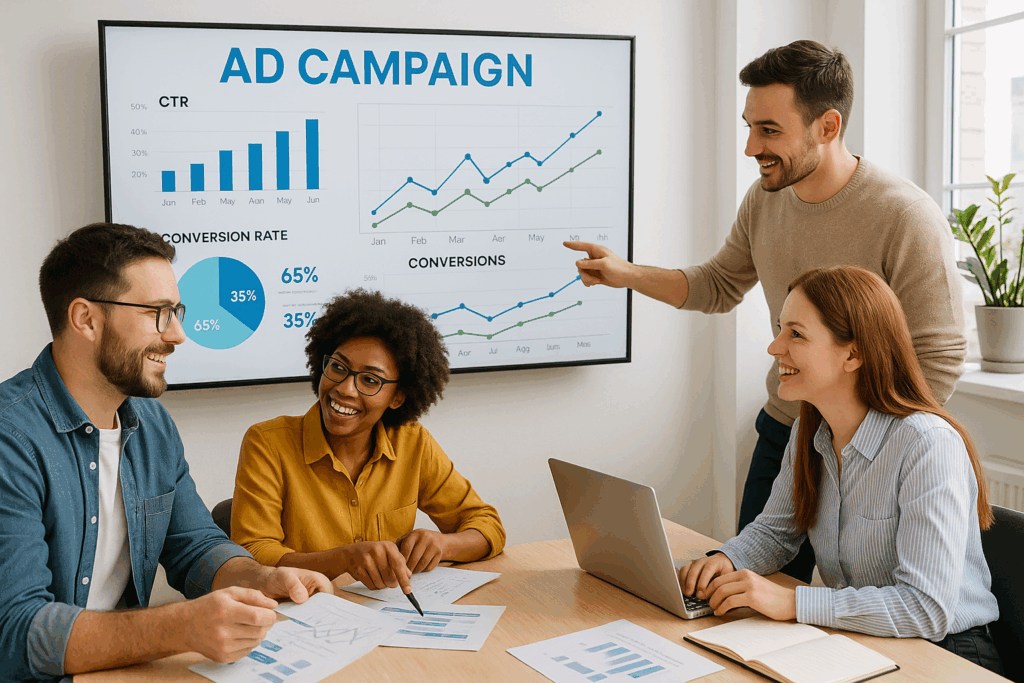
Difference Between PPC and Traditional Advertising
Traditional advertising relies on broad visibility, often reaching audiences who may not be interested in your product. Pay per click marketing, however, is built on intent. It targets users already searching for specific solutions, allowing your business to connect directly with motivated buyers. The difference lies in efficiency and measurability. PPC provides detailed analytics, showing exactly how your ads perform. Businesses that combine PPC campaigns with ongoing SEO Services often see improved results across all digital channels, as the two strategies complement each other perfectly.
Key Benefits of Pay Per Click Marketing
The primary advantage of PPC marketing is control. Advertisers can define budgets, schedule campaigns, and target specific demographics, regions, or devices. Unlike organic marketing, which can take time to produce results, PPC delivers instant visibility. Data from Statista shows that PPC ads can increase brand awareness by up to 80 percent. Because performance can be tracked in real time, advertisers can make quick adjustments to maximize efficiency. This adaptability makes PPC one of the most effective tools for driving traffic and conversions quickly.
Importance of Ad Quality and Relevance
High-quality, relevant ads not only improve click-through rates but also reduce overall costs. Search engines reward advertisers who deliver value to users by giving them better placements at lower prices. The ad’s relevance is determined by keyword match, ad text, and the experience users have after clicking. A well-designed landing page that matches the ad’s promise plays a major role in determining success. Businesses that work with professionals in WordPress Website Design ensure that their landing pages are optimized for conversions and consistent with brand messaging.
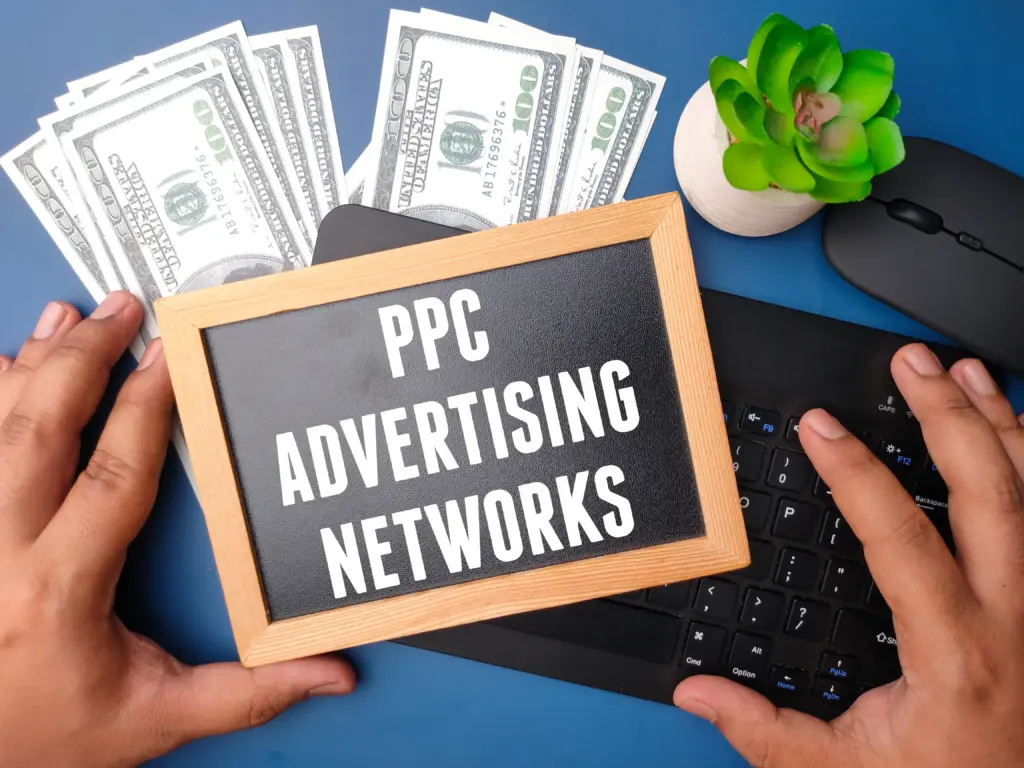
Building a PPC Strategy
To answer what is pay per click marketing completely, it’s essential to understand that successful campaigns start with a clear strategy. This includes keyword research, audience segmentation, and ad testing. Defining goals such as lead generation, sales, or brand exposure guides how you structure campaigns. Monitoring analytics allows for data-driven decisions that improve results over time. Working with experienced marketers helps ensure that each campaign is optimized for both performance and cost-effectiveness. Consistency, analysis, and refinement form the foundation of a profitable PPC strategy.
Landing Page Optimization
Once a user clicks your ad, the landing page becomes the most important part of the journey. It needs to load quickly, present clear information, and provide a simple path to conversion. According to the W3C, user-friendly design and accessibility are critical for online performance. Pairing PPC campaigns with professional Technical SEO Services ensures that landing pages meet best practices for structure and speed. An optimized landing page not only increases conversion rates but also improves your ad’s quality score, reducing costs in the long run.
Analytics and Performance Tracking
One of the strongest features of PPC marketing is its transparency. Every impression, click, and conversion can be tracked and measured. Businesses can analyze which keywords drive the best results and which ads perform the strongest. Detailed analytics allow advertisers to refine targeting and reallocate budgets for maximum efficiency. Insights from Forbes emphasize that data-driven marketing decisions lead to higher ROI and improved campaign longevity. PPC analytics turn raw data into strategic insight, ensuring every dollar spent contributes to measurable growth.
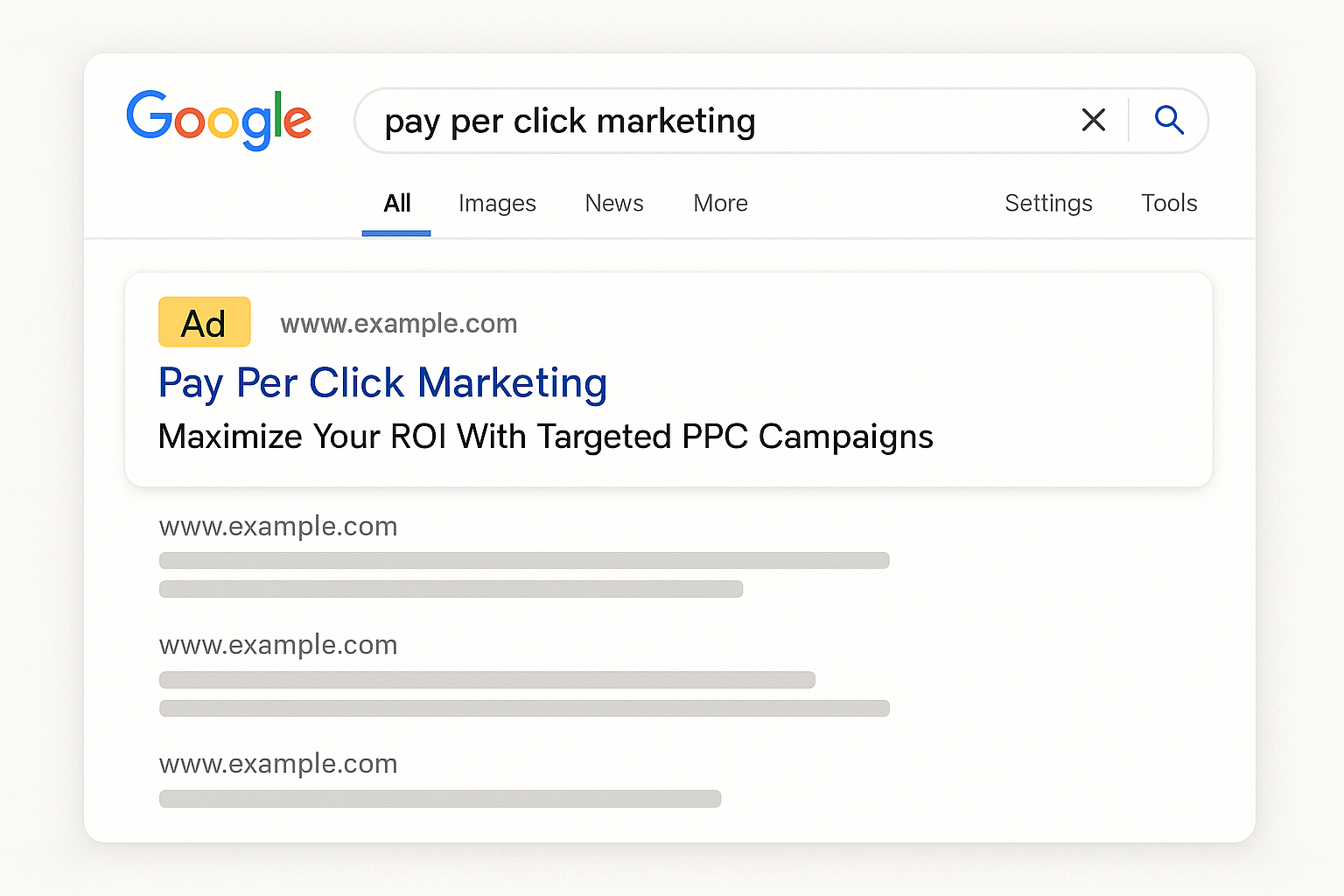
Remarketing and Audience Retargeting
Pay per click marketing extends beyond initial visibility. Remarketing campaigns re-engage visitors who have already shown interest in your brand. These targeted ads remind users of your products and encourage them to complete purchases or inquiries. According to Harvard Business Review, remarketing can increase conversion rates significantly by keeping your brand visible to warm leads. When combined with optimized website design and content, remarketing builds familiarity that shortens the path from consideration to conversion.
Integrating PPC with Other Marketing Channels
PPC performs best when integrated into a comprehensive marketing strategy. It complements SEO, social media, and email marketing by driving immediate results while other channels build momentum. For example, PPC can highlight a new product launch, while organic blog content nurtures long-term awareness. A business that maintains regular Website Maintenance ensures that both organic and paid traffic lead to a seamless user experience. Integration ensures that marketing channels support one another rather than compete for attention.
Common Challenges in PPC Marketing
Despite its advantages, PPC marketing can be competitive and complex. Poor keyword selection, neglected optimization, or weak ad copy can waste budget quickly. Success depends on understanding the platform and maintaining consistency. Businesses that manage campaigns without expert guidance may struggle to balance cost and performance. Working with professionals who understand PPC dynamics helps avoid common pitfalls and ensures a sustainable strategy that delivers results month after month.
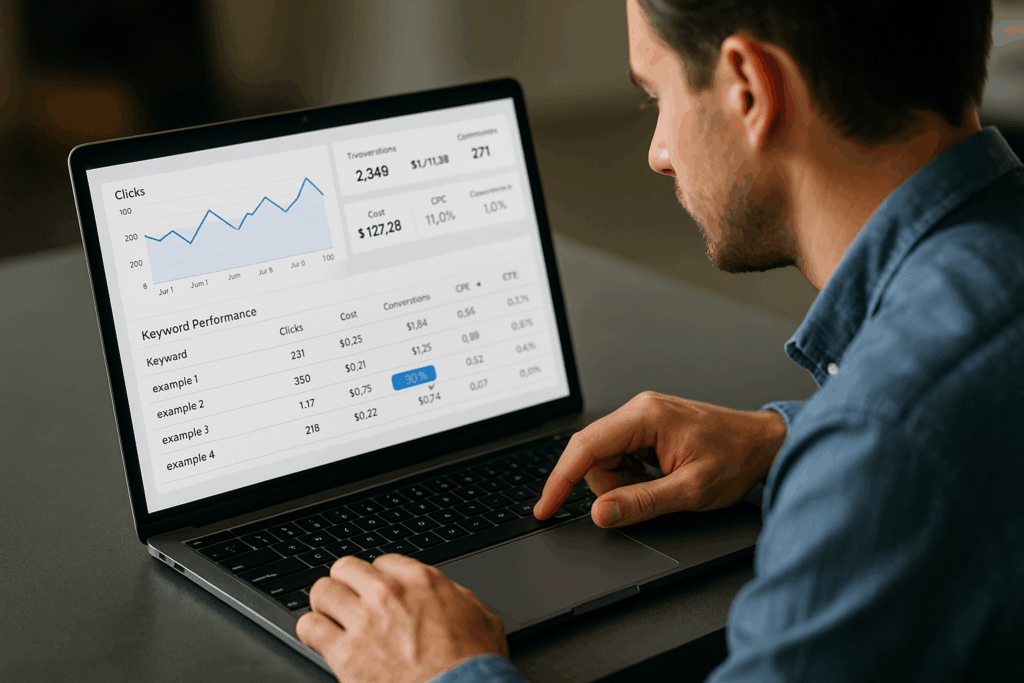
Conclusion
The question what is pay per click marketing defines one of the most powerful advertising tools available today. PPC gives businesses the ability to reach customers at the exact moment they express interest, offering a blend of control, precision, and measurable performance. When managed effectively, it supports both immediate and long-term goals. Best Website Builder Group helps companies implement comprehensive PPC campaigns that align with web design, SEO, and analytics, ensuring every click contributes to meaningful growth and continued digital success.
